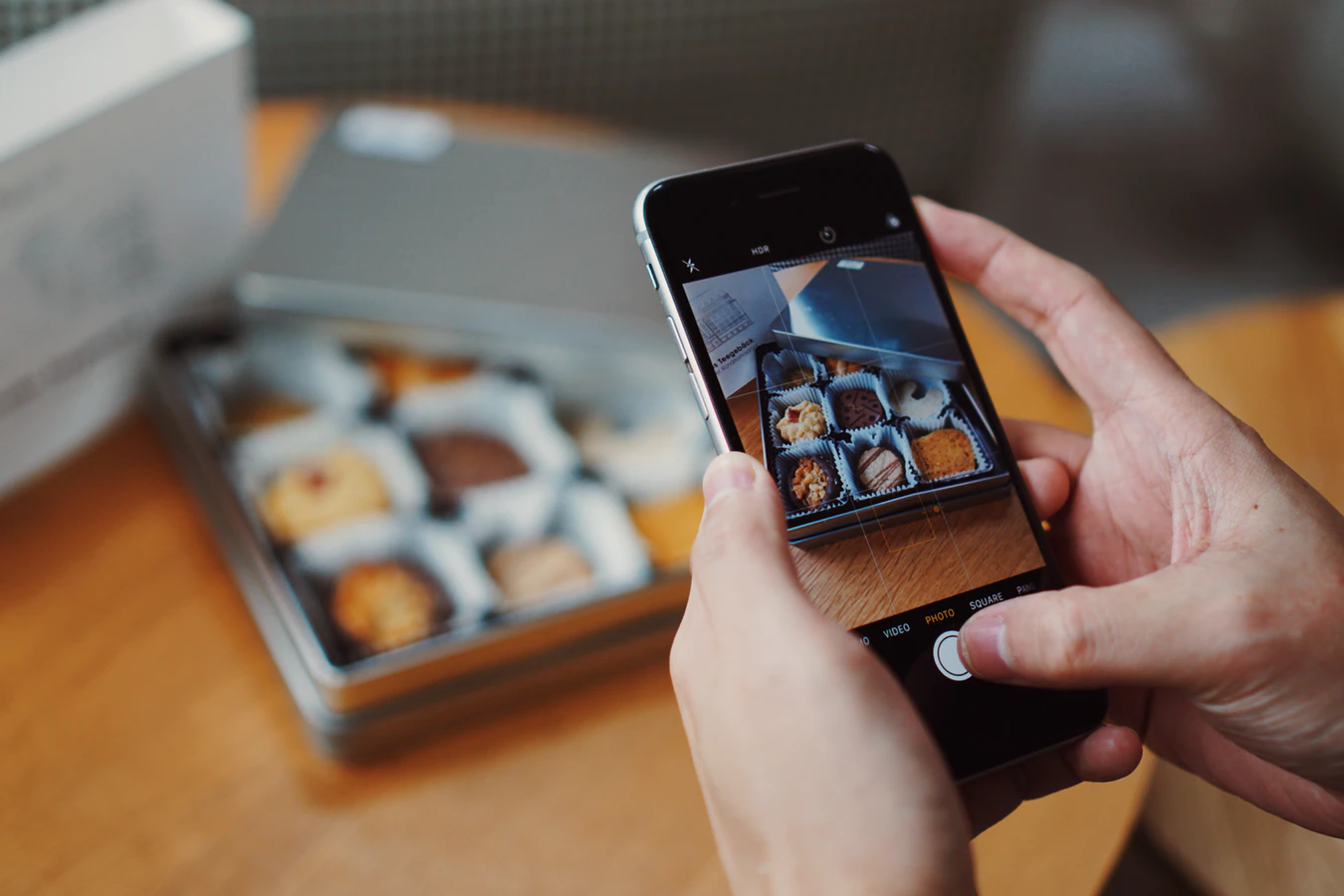Whether you’re a small local bakery or a million-dollar business, there’s no escaping the importance of packaging and its aesthetics. From colour to typography and even the materials used, the characteristics can have a huge impact on how your audience perceives your brand. In addition, packaging designs can have a massive impact on the shareability of your product on social media. Unique and craft designs garner more attention than something that is basic and overdone.
But how exactly do these elements affect the customer’s purchase decision? What can be done to make your product more successful and marketable?
The Social Media Ripple
If you ever browse social media then you’ll know that it’s become incredibly popular to take flattering pictures of your latest purchases. However, you’ll probably notice that all pictures involve something that is aesthetically pleasing and recognisable. Companies are starting to take advantage of the social media era by purposely making their packaging more aesthetically pleasing to draw in a wider audience.
When a social media user purchases a unique and well-presented item, they’ll likely take a picture of it and share it on their platforms This gets people talking and is essentially free advertising. However, if your product looks boring, dull or uninspired, then the likelihood of your product being shown is zero. This social media effect has even grown to a point where people are more likely to purchase a product that is aesthetically pleasing just for the sake of posting! In fact, it’s spawned a medium known as the “unboxing video” which is a fantastic influencer marketing tool.
In short, if your product is aesthetically pleasing and is worth posting on social media, it will create a ripple effect. More people will purchase your product and become interested in your brand.
What is good packaging design?
In order to make your product more presentable, it’s important to take individual design elements and decision into consideration. We’ve put together some essential elements of product packaging design to focus on:
Typography – A powerful design element that can make your product go from something childish to business like. Curvy and bubbly typefaces are seen as playful and attractive. Serious products with corporate uses will rely on clean and minimalistic fonts to appear more prestigious.
Colour – Colour psychology has been used in marketing for a long time now. Each colour has its own psychological impact on people’s behaviour. Such as, red creating a sense of urgency and orange and yellow being cheerful hues that promote optimism. Using the right colour combinations is key to creating a product that catches eyes.
Texture – Textures can add a surprisingly powerful psychological draw to your products. Smooth and glossy surfaces can feel classy while rugged matte textures seem rigid and sturdy.
Space – Use of space can help to highlight certain areas of your packaging. Apple uses a lot of white space in its packaging. This is to highlight things such as the product name, its logos and also the product itself.
Good packaging design involves more than just these four elements, but it’s a great place to start.
The message behind your packaging
Lastly, we also need to mention the message behind your packaging. This is especially important for an e-commerce business that can’t directly communicate with their customers in-store. Meaning that much of the contact between you and the consumer is done through the packaging itself.
One example of this is using eco-friendly packaging. This is also known as a “simple” packaging alternative, such as recyclable brown boxes for food or plastic-free packaging for small electronics. If your brand is dedicated to minimising the impact it has on the environment, then offering these eco-friendly options (or even using them as a standard) is a great way to get this message across.
A more intricate and subtle way to communicate your brand’s persona is to use colour, texture, materials and patterns to design your packaging in a way that reflects your brand’s message. For instance, the use of glossy and metallic packaging with high-quality materials can convey a sense of quality and luxury. The use of luxurious colours like gold and unique flamboyant designs can also infuse your packaging with a sense of personality that stands out from the competition. On the other hand, using darker colours, straight edges and metallic hues can give a sense of seriousness and prestige.
Hopefully, this article has shown you the importance of product packaging on buying decisions and how social media can help create a ripple effect that spreads your brand and its products.


